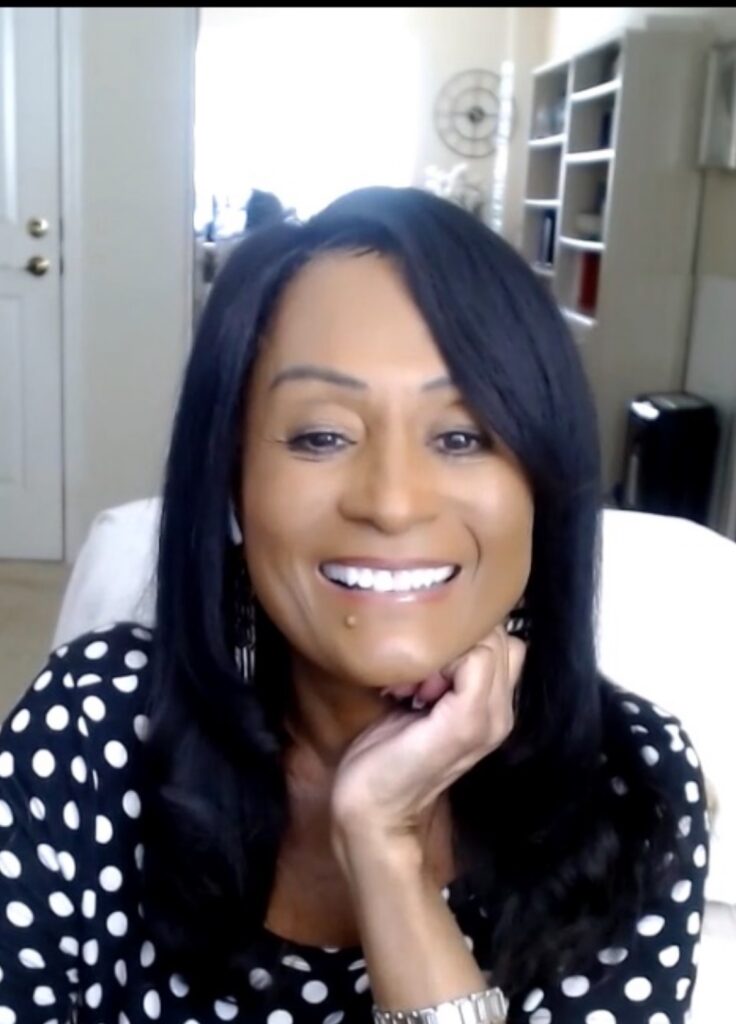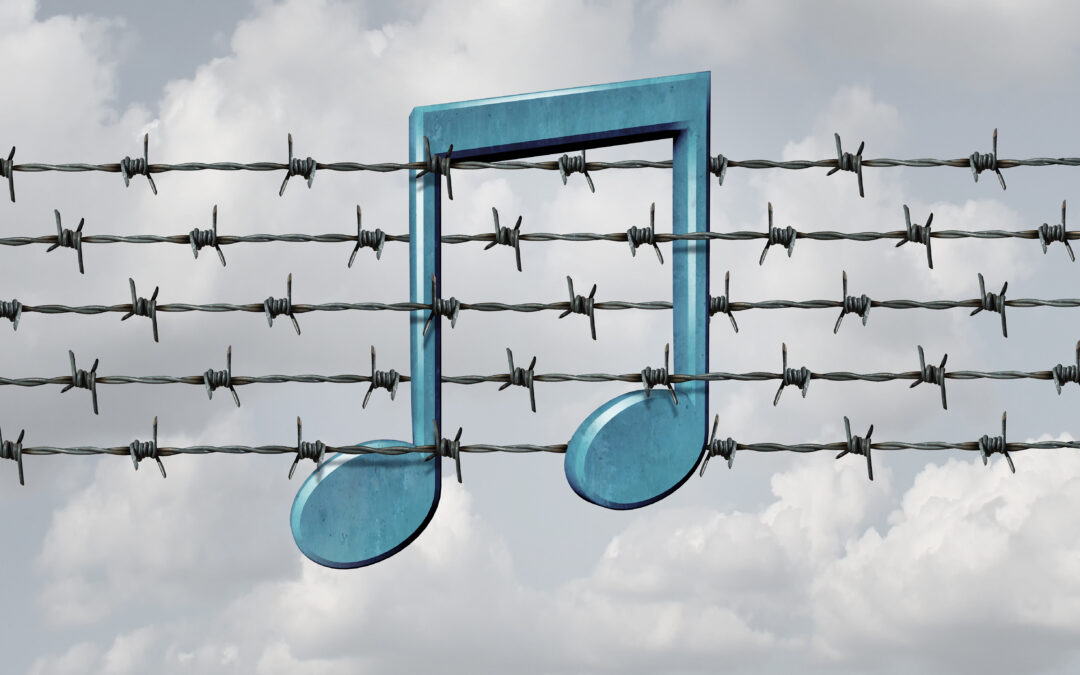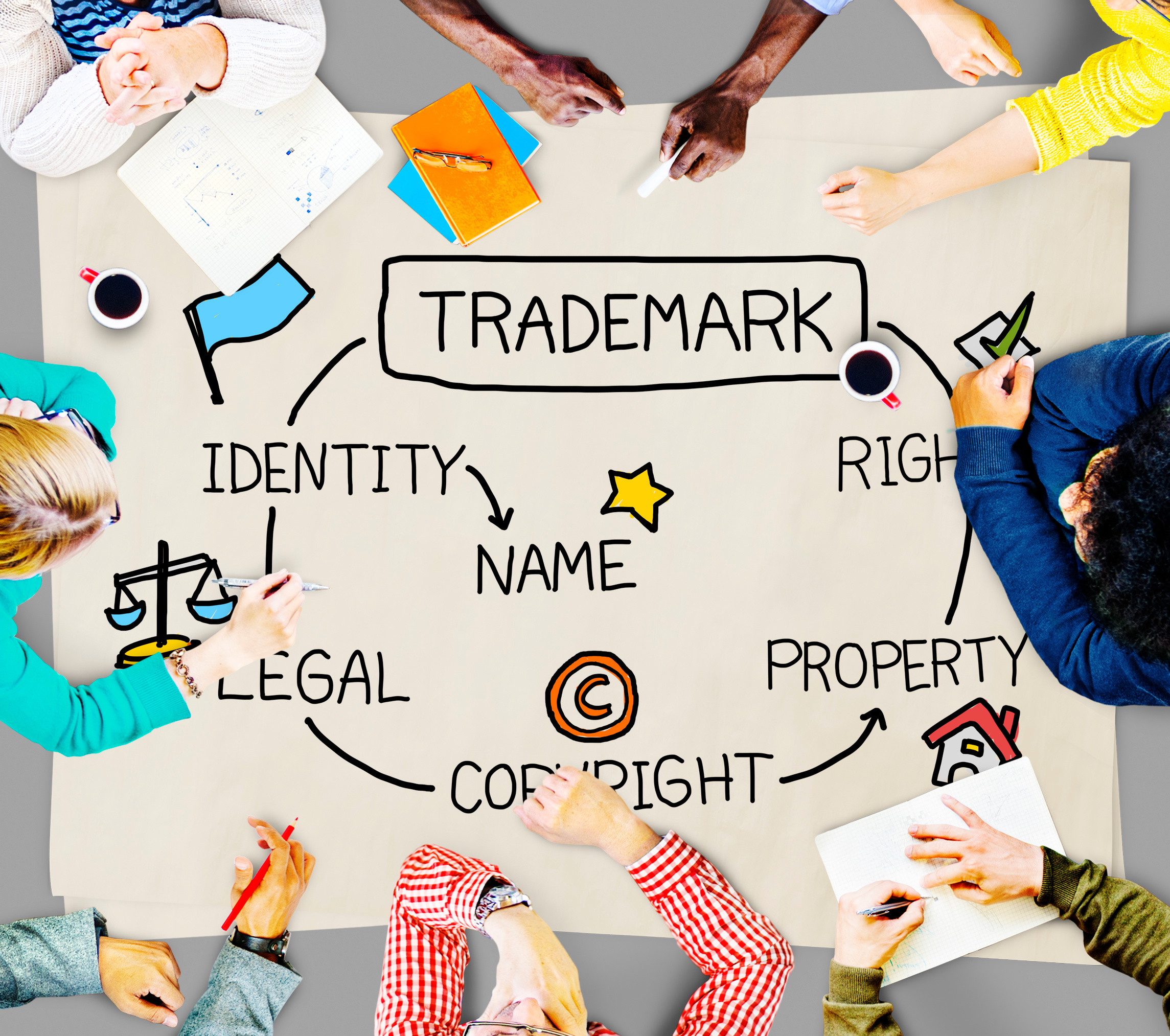Copyright Protects Music. Prince a Protector of His Copyrights.
Some call him crazy. Some call him sly as a fox. Some called him the fervent protector of his copyrighted content. Whatever you call him, by any other name he is still Prince. He was one artist who believed in protecting his valuable creative content. Further, he was known for not being shy about filing a lawsuit for copyright infringement against those who use his music without permission. He believed that copyright protects music.
Copyright Infringement. Lawsuit.
Before he died, Prince was known for many things. Not the least of which was his fearless protection of what was his–his music copyrights. On Monday, January 27, 2014, Prince filed a lawsuit in the Northern District of California against 22 defendants. His claim—that they illegally posted his live shows online, making them available for download. US Copyright Law provides a copyright owner with many rights. Included in that bundle of rights is the right to display, duplicate, distribute, and perform their creative copyright protected content. A copyright owner also has the right to grant permission to others to do the same things.
What can Musicians Do to Protect Their Music?
There are a few things musicians who create their own original content must know.
- Copyright protection starts the moment you create “original” work and fix it in a tangible format, e.g., a book, sheet music, digital audio file, sound recording, exists from the moment an original work is “fixed” in a tangible medium. While the law says you don’t need to do anything else, as a copyright lawyer I say there is more to do.
- Understand there are two types of works in music:
- Musical composition is the underlying content, such as the melody and the lyrics that the songwriter or composer created.
- Sound recording is the series of musical, spoken, or other sounds put into a recording e.g., a CD, a digital audio
- file. That file is called a “phonorecord.” Sound recordings are created by performers and their producers.
- While registering your copyrighted content is not required, it would be smart to do so. Registration of copyrights with the U.S. Copyright Office affords the copyright owner with many benefits. Among those valuable benefits–the right to sue for for infringement. Registering your work also creates a public record of your ownership. A copyright owner also can potentially recover money if they win a lawsuit.
- Monitor your Work in the Marketplace to ensure your protected copyrighted work is not being used without your permission.
- Pay attention to any agreements you sign, as most have intellectual property implications. The last thing you want is to give away your valuable rights without knowing you have done so.
Copyright Claims Board
Great news for copyright owners with claims valued at $30,000 of less. In December 2020, Congress passed the Copyright Alternative in Small-Claims Enforcement Act of 2020 (CASE Act). That piece of legislation instructed the Copyright Office to create the Copyright Claims Board. The Copyright Claims Board is a small claims 3-member tribunal that provides an affordable, user-friendly way to resolve small claims copyright infringement matters.

Francine D. Ward
Attorney-At-Law, Author, Speaker
Follow Francine:
Don’t miss Francine’s Latest Blogs:
- Common Contract MistakeCommon Contract Mistake #1. Not Having Written Agreements with EVERYONE You Do Business With. Common contract mistake. Without question, the most common contract mistake is not having the terms of… Read more: Common Contract Mistake
- AI and PatentsAI and Patents. Understanding Patent Law in the Age of AI. Patents, along with Copyrights, Trademarks, Trade Secrets, and Rights of Publicity, are one of the five areas of practice… Read more: AI and Patents
- Effective Goal SettingSetting Goals. It’s that time of year, time to plan for effective goal setting. A time when some of us start thinking about goals for the upcoming year. If you… Read more: Effective Goal Setting
- Indemnify AI UseBeware of companies that say they will indemnify AI use, that they will pay ALL the legal costs incurred by customers using Generative AI services (like ChatGPT, CoPilot, or Bard).… Read more: Indemnify AI Use
- Trademark A NameHow to Trademark a Name A trademark can be a word, phrase, design, logo, color, sound, or a combination of those things that identifies the source of a product or… Read more: Trademark A Name












